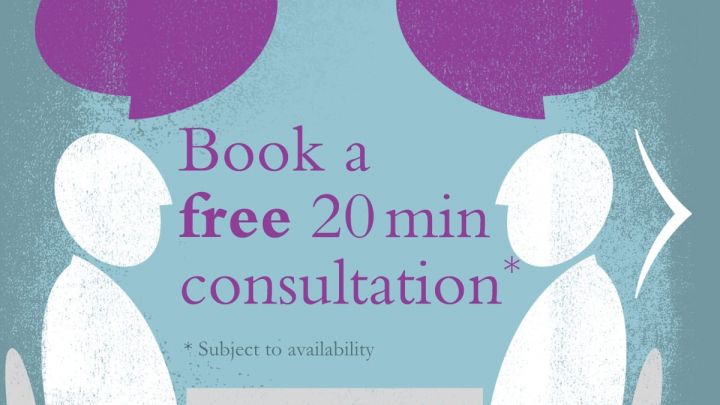
Cohabiting Couples Separation Rights UK
September 2025
Cohabitation is now the fastest-growing type of family arrangement in England and Wales. More couples are choosing to live together without marrying or entering a civil partnership. However, the law has not developed to match these social changes. When cohabiting couples separate, many discover they do not have the same rights as married couples, and this can come as a shock at an already difficult time.

This summary provides general information and does not constitute legal advice on any individual circumstances.
Property Rights on Separation
Unlike married couples, cohabiting partners do not have an automatic right to share in each other’s property when they separate. Ownership usually depends on whose name is on the legal title. If a home is owned in one partner’s sole name, the other has no automatic right to remain there or receive a share of the equity.
In some cases, a partner may be able to establish what is called a beneficial interest. This arises if they can show they made financial contributions to the property, such as paying towards the mortgage or funding significant improvements, or if there was a clear agreement or understanding between the parties. Such claims are brought under property and trust law rather than family law, and can be complex and difficult to prove.
If the property is jointly owned, how it is registered at the Land Registry will determine what happens. Where a property is held as joint tenants, the law presumes that the equity is shared equally. Where it is held as tenants in common, each partner owns a defined share, which may or may not be equal, and which will usually dictate how the proceeds are divided.
Financial Support After Separation
Cohabiting partners do not have the right to claim maintenance for themselves from their former partner in the way that spouses can after divorce. This means that even if one partner has given up work or made other sacrifices during the relationship, they cannot apply for financial support purely because of the separation.
The main exception is where there are children. Both parents have a legal responsibility to support their children financially, regardless of whether they were married. Child maintenance can be arranged directly between the parents or through the Child Maintenance Service. In some circumstances, an application can also be made to the court under Schedule 1 of the Children Act 1989 for financial provision for children, which may include help with housing or education costs.
Inheritance Rights
Another area of difference between cohabiting and married couples arises on death. If one partner dies without a will, the surviving cohabitant has no automatic right to inherit under the intestacy rules in England and Wales. Instead, they must rely on making a claim under the Inheritance (Provision for Family and Dependants) Act 1975. This process can be uncertain, lengthy and stressful at what is already a difficult time.
To avoid these problems, it is essential that cohabiting couples make a will if they wish to provide for one another. Other measures, such as life insurance and pension nominations, can also provide financial security for a surviving partner.
Protecting Your Rights as a Cohabiting Couple
Until the law changes, the rights of cohabiting couples in England and Wales remain limited. To protect yourself, it is sensible to consider entering into a cohabitation agreement. This is a formal legal document that can record how property and finances will be dealt with if the relationship ends, as well as setting out responsibilities during the relationship. Ensuring that property ownership is recorded accurately with the Land Registry, keeping financial records, and making a valid will are also important steps.
How Can Fullers Help?
At Fullers Family Law, we understand that finding a solicitor that you feel understands your own specific situation can be a daunting task. So, you can book a free call back with us here.
We have also created a series of fixed-price consultation meetings with a full ‘no questions asked’ money-back guarantee' promise.
For an initial discussion and a no-obligation quote, get in touch with us today by simply calling us on 01234 343134, filling in the contact form below, or emailing us at enquiries@fullersfamilylaw.com and a member of our team will get back to you.

